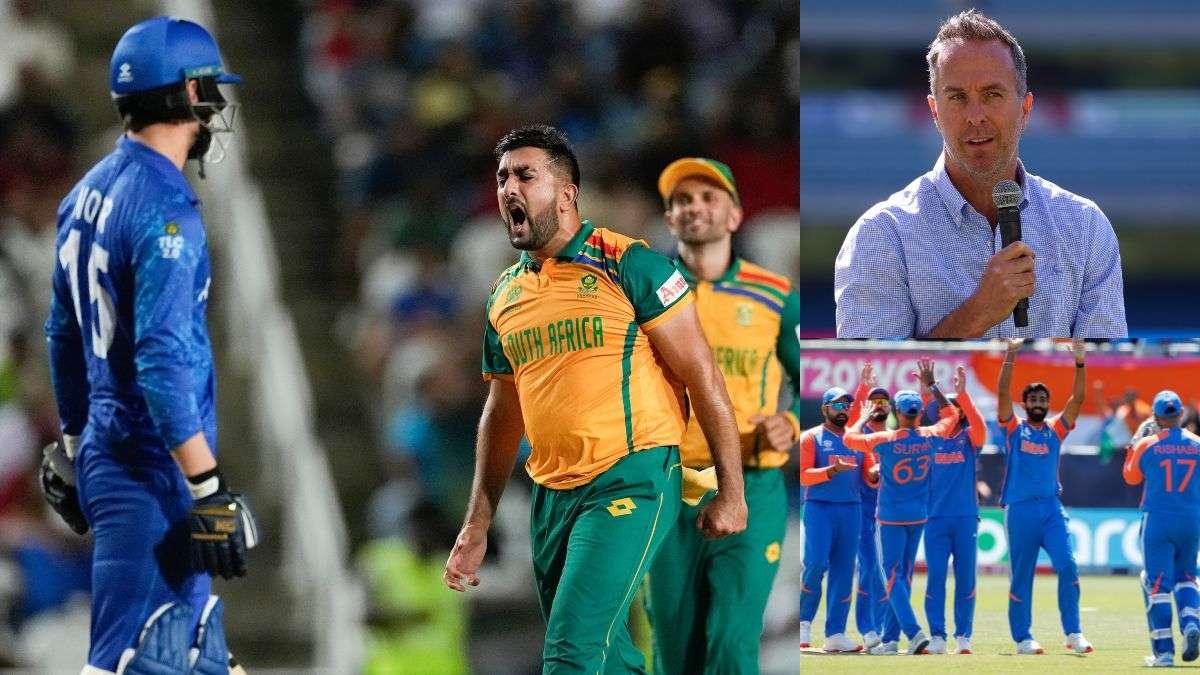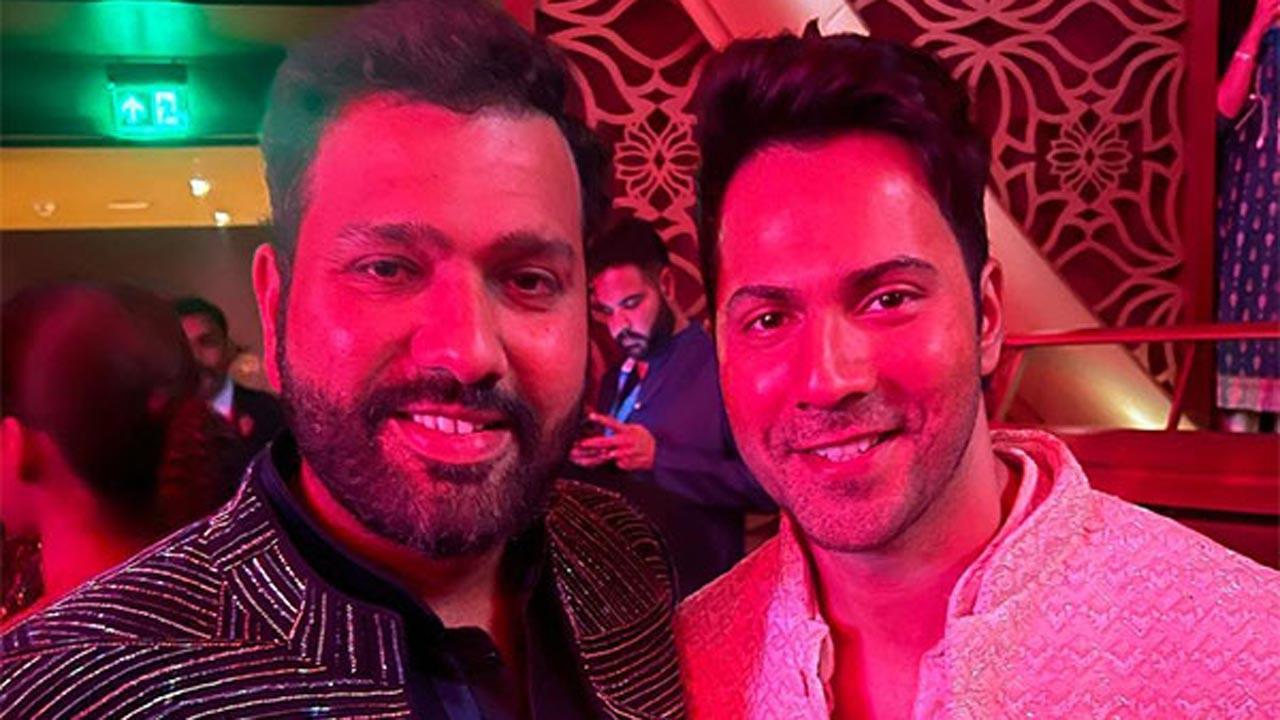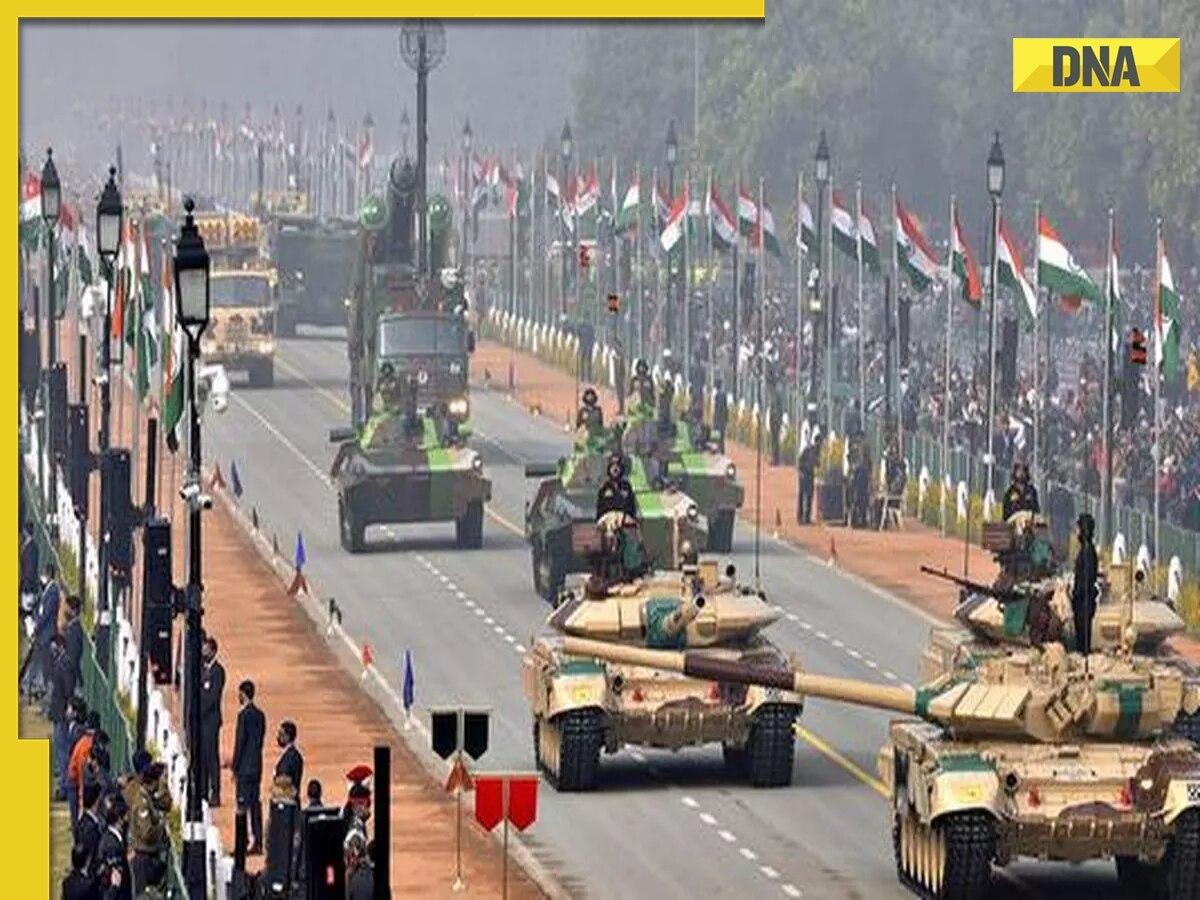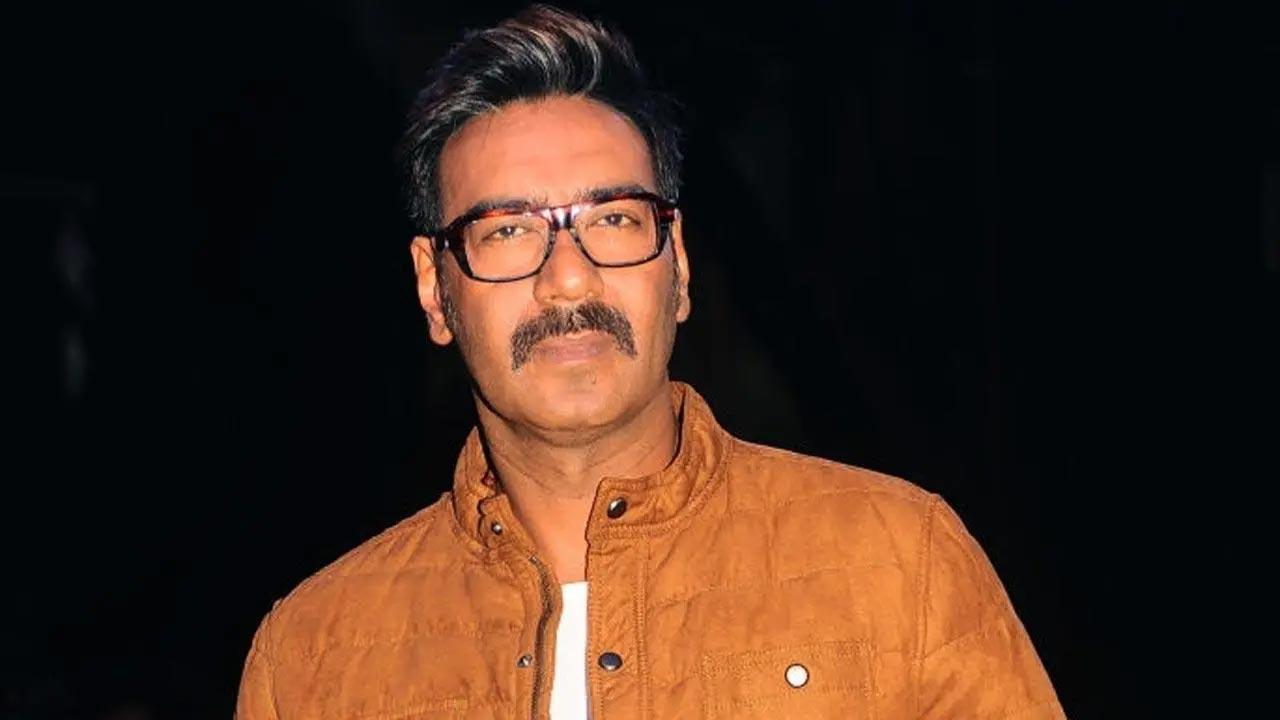
With the seedings for Super 8 being pre-decided and India knowing their semi-final venue and schedule in advance, there have been questions raised about the ICC scheduling of the ongoing T20 World Cup being heavily skewed in India’s favor. Such claims suggest that the tournament’s organization was designed to ensure that the Men in Blue could progress as far as possible. However, the narrative had taken a back seat until former England captain Michael Vaughan reignited the debate following South Africa’s dominant victory over Afghanistan.
South Africa unleashed a stunning performance against Afghanistan, who struggled after winning the toss on a tricky wicket at the Brian Lara Cricket Academy in Tarouba, Trinidad. The Afghan side was bowled out for a paltry 56 runs, unable to withstand a pace attack featuring Marco Jansen, Kagiso Rabada, and Anrich Nortje. The Proteas chased down the modest total with relative ease, effectively knocking Afghanistan out of contention for the semi-finals.
As per the tournament’s pre-determined schedule, the team topping Group 1 was supposed to play the first semi-final, which effectively meant that India vs England would occur in Trinidad, and South Africa vs Afghanistan would take place in Guyana. However, India’s semi-final was slated to be the second one in Guyana to suit the Indian Standard Time, regardless of their group stage standing. Consequently, South Africa was forced to play the first semi-final, a scenario which Vaughan raised concerns about on Twitter (now X).
“Surely this Semi should have been the Guyana one .. but because the whole event is geared toward India it’s so unfair on others,” Vaughan tweeted. This was not the first time Vaughan voiced his discontent with the scheduling. Just a few hours before the commencement of the game, he criticized the planning, highlighting the logistical hurdles faced by Afghanistan. He drew attention to the Afghan team’s delayed flight of four hours and the limited time they had to acclimate to the new venue.
“So Afghanistan qualify for the WC semi winning in St Vincent on Monday night .. 4 hr flight delay on Tues to Trinidad so no time to practice or get accustomed to a new venue .
.. utter lack of respect to players i am afraid,” Vaughan posted on X.
Despite these allegations, South Africa made the best of the situation. The Proteas not only cemented their position in the semi-finals but also went on to win the semi-final for the first time in men’s senior World Cups, advancing to the finals with hopes of claiming the elusive trophy.
Related stories of the tournament have focused on how the semi-finals are unfolding. A significant point of discussion is the India vs England match scheduled for Thursday in Guyana, which has raised questions about whether the weather might interfere with this much-anticipated clash.
The semi-final schedule meant that South Africa had to face Afghanistan first, leading to a debate about fairness and timing. Vaughan’s comments underline concerns about impartiality when it comes to the scheduling of such global tournaments. This incident has sparked broader conversations about how commercial interests and scheduling priorities might be unduly influencing the outcomes of international sports events.
The implications of such criticisms could encourage the ICC to re-evaluate its scheduling processes, emphasizing the importance of fairness and competitive integrity. The debate might also lead to regulatory changes to ensure that all participating teams are given equal opportunities to prepare and compete, regardless of the commercial considerations that often drive global sports scheduling.
As the T20 World Cup moves towards its climax, these issues remain fresh in the minds of players, officials, and fans alike. The second semi-final, featuring India and England, will not only be a significant sporting event but also a focal point for discussions around the fairness of the tournament’s organization and scheduling. Eyes are now on the ICC to see how they will address these concerns in the future, ensuring that the spirit of cricket remains untarnished by controversies and allegations of bias.
In conclusion, the T20 World Cup has been fraught with debates surrounding its scheduling, particularly with an eye on India’s preferential conditions. Michael Vaughan’s outspoken comments have brought these issues back into the limelight, compelling the ICC and the broader cricket community to reflect on the principles of fairness and equality in the sport. As the tournament progresses, it is hoped that the focus will return to the thrilling cricket on display, leaving behind the shadows of scheduling controversies.










